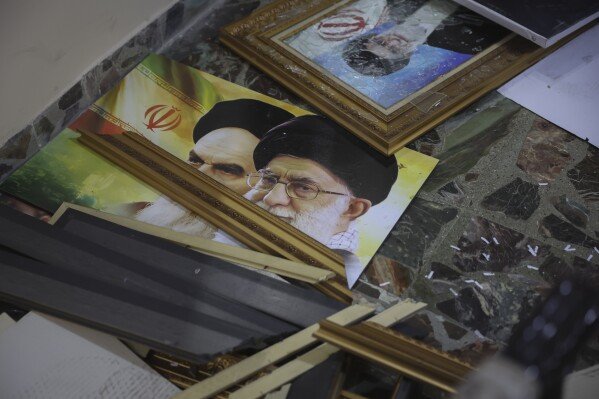Editor-in-Chief: SHAPOUR-T
1. Strategic Failure in Syria: Weakening the Axis of Resistance
Over the past years, Iran has spent billions in Syria to sustain Bashar al-Assad’s regime and bolster its position within the Axis of Resistance. However, the acknowledgment of a “very severe” defeat highlights the shortcomings of this policy. Key factors include:
- Widespread corruption in Assad’s government,
- Assad’s reluctance to collaborate with Iran for attacking Israel,
- Russia’s cooperation with Israel to target IRGC commanders.
2. Domestic Implications: Managing Dissent within the IRGC and Supporters
The public disclosure of Esbati’s remarks may be a controlled move by the regime to allow some criticisms and manage dissatisfaction among IRGC commanders and supporters. It seems:
- The government seeks to prevent these grievances from escalating into broader dissent within the system.
- Simultaneously, it attempts to shift blame for the defeat onto external actors such as Russia and Syria.
3. Iran’s Fractured Alliances with Its Partners
Esbati’s revelations shed light on strained ties between Iran and key allies:
- Russia, a strategic partner, has occasionally cooperated with Israel and even withheld logistical support for Iran.
- Assad’s regime, despite Iran’s massive investments, has shown a growing inclination toward Arab countries, especially the UAE. These dynamics pose significant challenges to Iran’s regional policies and raise questions about the sustainability of the Axis of Resistance.
4. Regional Implications: Weakening Iran’s Position in the Middle East
- Losing influence in Syria reduces Iran’s ability to use the country as a base for attacking Israel or bolstering proxies like Hezbollah.
- The cessation of attacks by Hashd al-Shaabi from Iraq further highlights Iran’s declining ability to leverage other proxy groups.
5. Military and Economic Challenges
- Esbati’s admission of Iran’s inability to use its missiles against U.S. and Israeli targets reveals significant weaknesses in its military capabilities.
- The immense financial burden of the Syrian campaign adds further strain to an economy already grappling with internal crises.
Conclusion
Esbati’s admissions about Iran’s defeat in Syria could have profound implications for the domestic and foreign policies of the Islamic Republic. These statements reflect:
- A weakening legitimacy of Iran’s regional strategies,
- Diminished trust among IRGC members and regime supporters,
- Increasing regional isolation of Iran,
- And possibly a shift in the regime’s approach to managing upcoming crises.
The lingering question is whether Iran’s leadership can learn from these failures and recalibrate its foreign policy or continue down its costly and unsustainable path.

 English
English




























































